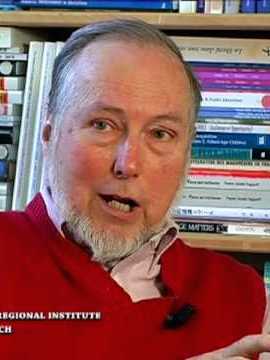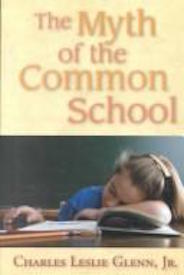The Myth of the Common School
Public schools are such a fixture in American life that few parents think — and even fewer politicians dare — to question whether the State should be sponsoring education in the first place. Perhaps more of them would, if they understood just when, where and why the whole idea of government-sponsored education came about. In “The Myth of the Common School,” Boston University professor Charles L. Glenn traces the history of the idea that the State should sponsor popular education in order to mold common loyalties and values among its citizens — and shows how this idea has led inevitably to conflict with parents and groups who do not accept the values and beliefs inculcated by the State and its educators.
Some highlights:
- How, before the French Revolution, private church-connected schools were the norm in the Western world
- The origins of the idea that children belonged to the State in the work of Enlightenment philosopher Jean-Jacques Rousseau, who inspired the French Revolution
- From Revolutionary ideal to reality: how Francois Guizot, in the 1830s, brought the State school into being in France
- How American educator Horace Mann made it a personal crusade to establish State schools as the American norm
- Mann’s ideal of public schools as a nationalist bastion, with the students carrying a common image of their country in their minds
- How Mann, in his day, drew upon a broad public consensus about the religious and moral content of education that no longer exists — and how that has led to the bitterest conflicts surrounding public schools today
“With rare intelligence and lucidity, Charles Glenn tells the story that has brought us too our present moment of conflict and confusion regarding the role of the public school in American society. . . A marvelous provocation to rethink the moral and educational assumptions of a democratic society.” — REV. RICHARD JOHN NEUHAUS
- The Author

Charles L. Glenn
Charles L. Glenn is professor of educational leadership, teaching courses in education history and US and comparative policy. From 1970 […] More about Charles L. Glenn.














